Protect Yourself Against the Weak Dollar
 Sunday, March 16, 2008 at 08:10PM
Sunday, March 16, 2008 at 08:10PM Howard Gartenhaus
Wealth Manager at Gartenhaus Financial in Rockville, Md.
 You could consider purchasing mutual funds that invest in international stocks and/or foreign bonds. When you make such purchases, you are converting dollars into the foreign currencies through the holdings of the mutual fund. Make sure the fund does not hedge for currency fluctuations.
You could consider purchasing mutual funds that invest in international stocks and/or foreign bonds. When you make such purchases, you are converting dollars into the foreign currencies through the holdings of the mutual fund. Make sure the fund does not hedge for currency fluctuations.
There are many exchange-traded funds linked to commodities such as precious metals, oil and agriculture. Mutual funds that invest in companies that mine for precious metals, produce natural resources, or explore for and sell energy are also available.
Another option is to purchase ETFs that are linked to foreign currencies. For instance, it is now very easy to invest in the euro, yen, or the Swiss franc in this manner.
An important caveat: Many of the these ideas are volatile, and investors can lose money due to substantial price fluctuations.
George Muñoz
Principal at Muñoz Group in Arlington, Va.
You could also consider investing in unique products, such as art, whose value is based on a global price rather than domestic dollars.
If you think the dollar's weakness will trigger inflation, you may want to consider Treasury Inflation-Protected Securities, or TIPS. The interest rate on these U.S. government bonds rises with inflation, so your return (although modest) is protected.
You could invest in U.S. companies that have significant earnings from overseas, especially from Europe and Japan. Companies with good export potential should be safe because their products will attract foreign buyers. Because the dollar is not weak against all currencies, you need to look carefully at where your portfolio companies are exporting.
Peter C. L. Timmons
President
T/R Financial Management Group in the District
Here's what you can do, from most conservative to most aggressive:
- Nothing. Years back, when the dollar was strong, did you feel an urge to take advantage of that situation? If you did nothing other than travel abroad, you might want to stay home now and invite overseas friends to visit.
- Purchase fewer expensive foreign products. These days, many products contain foreign parts or are assembled abroad.
- Purchase foreign currency. Some businesses in the United States now accept payment in euros.
- Invest in a foreign currency mutual fund.
- Buy foreign currency futures or participate in the foreign-currency exchange market (FOREX).
- Invest in an international mutual fund. You will then be exposed to both currency and investment fluctuations.
Several of these options involve risks and should be approached with care.
http://www.washingtonpost.com/wp-dyn/content/article/2008/03/14/AR2008031401889.html




















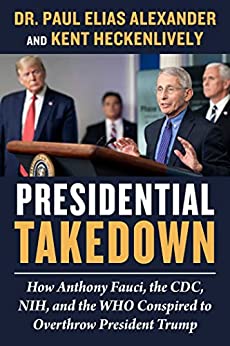











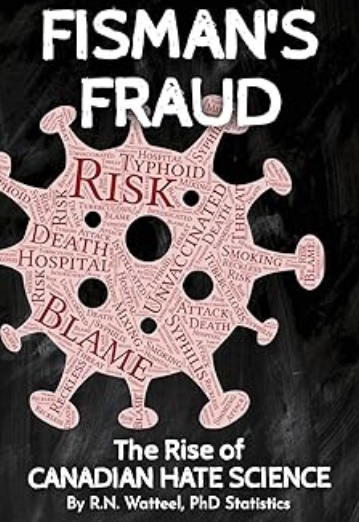
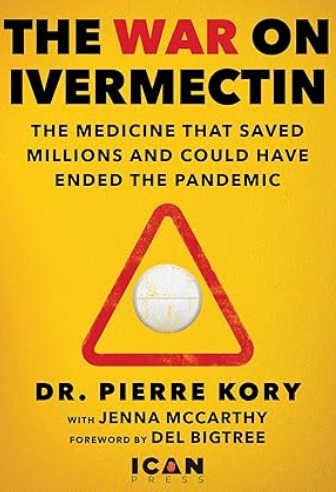

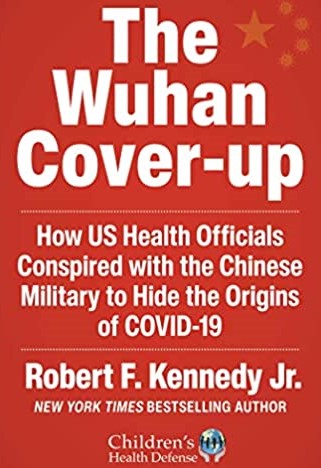






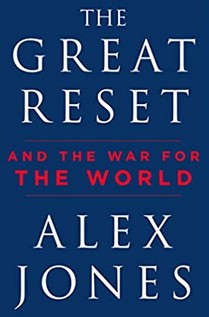










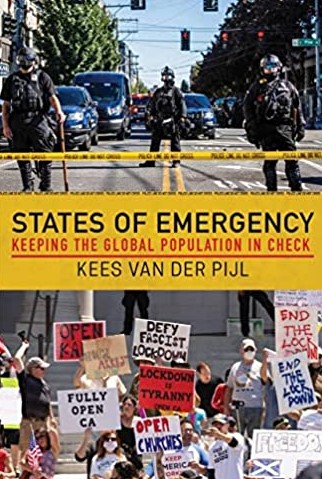

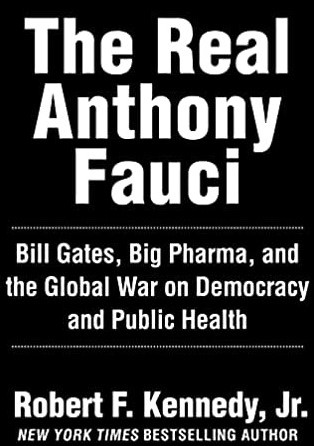


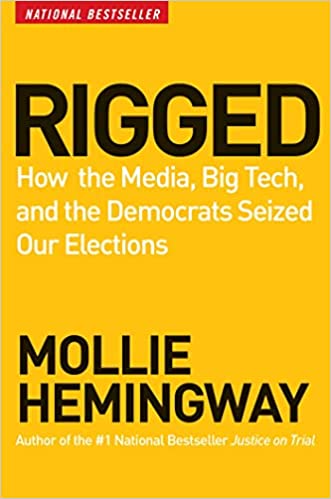
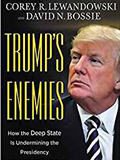


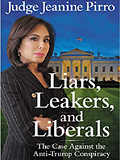

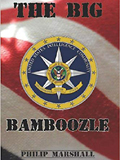
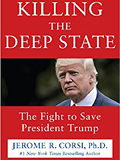



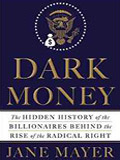


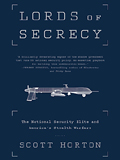
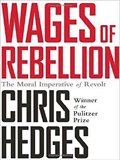






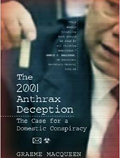


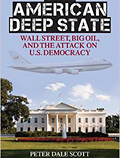


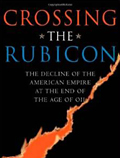
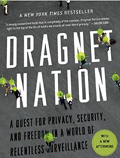




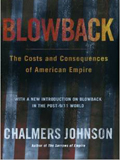




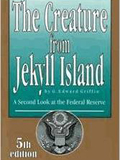




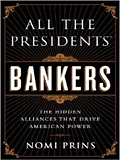

















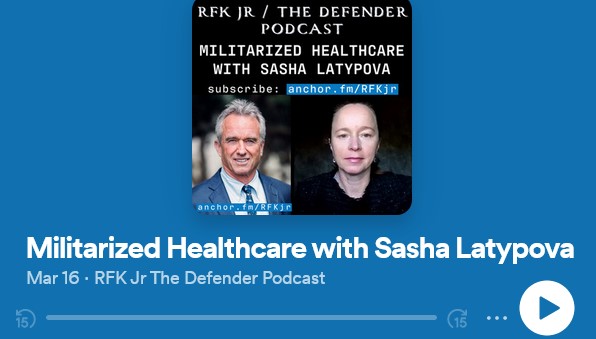








Reader Comments